Battery Cleaner Size
Battery Cleaner Market Growth Projections and Opportunities
The market for battery cleaner is influenced by various factors that contribute to its growth and dynamics within the automotive, industrial, and consumer sectors. Maintenance, safety, and environmental considerations are primary drivers impacting the market, as battery cleaners play a crucial role in preserving the performance and longevity of batteries in vehicles and various electronic devices. These cleaners are designed to remove corrosion, dirt, and acid residues from battery terminals, ensuring optimal electrical conductivity, preventing malfunctions, and enhancing safety. The demand for efficient and environmentally responsible battery cleaning solutions contributes to the growth of the market, meeting the diverse needs of consumers and industries globally.
Economic factors play a crucial role in the battery cleaner market. Automotive sales, industrial activities, and consumer spending patterns impact the demand for battery maintenance products, subsequently influencing the market for cleaning solutions. During periods of economic growth, there is often an increase in vehicle sales, manufacturing activities, and electronic device usage, leading to higher demand for effective battery cleaners. Conversely, economic downturns may result in reduced investments in vehicle maintenance and electronic devices, affecting the market negatively. Monitoring economic trends is essential for stakeholders in the automotive and consumer electronics sectors to make informed business decisions and adapt to market fluctuations.
Technological advancements contribute to innovation in the battery cleaner market. Continuous improvements in formulations, application methods, and safety features enhance the performance, efficiency, and user experience of these cleaners. Advanced battery cleaners may feature non-corrosive formulations, quick-drying properties, and compatibility with various battery types. Innovations in packaging, such as convenient spray dispensers or pre-moistened wipes, contribute to user convenience and simplify battery cleaning. Manufacturers that invest in cutting-edge technologies gain a competitive edge by offering high-performance and user-friendly cleaning solutions to meet the evolving needs of consumers and industries.
Environmental considerations significantly influence the battery cleaner market. With an increasing focus on sustainability and eco-friendly products, there is a growing demand for cleaning solutions that minimize environmental impact. Battery cleaners that adhere to strict environmental regulations, such as those governing chemical ingredients and packaging materials, are favored by consumers and industries seeking green alternatives. Additionally, compliance with safety standards and regulations for hazardous materials contributes to the market dynamics. Government initiatives promoting sustainable practices further encourage businesses to invest in compliant and environmentally responsible technologies for battery cleaning.
Consumer preferences for safety and ease of use significantly influence the battery cleaner market. Consumers prioritize cleaning solutions that not only effectively remove corrosion and dirt but also ensure the safety of the battery and the user. Battery cleaners that are easy to apply, do not require extensive protective measures, and provide quick results gain favor among users. The market is further driven by the demand for versatile cleaning solutions that can address the diverse needs of different battery types, from automotive batteries to those used in electronic gadgets.
Market competition in the battery cleaner industry is shaped by factors such as pricing, performance features, and brand reputation. Competitive pricing strategies that consider production costs, formulations, and market demand influence a company's market position. Building a strong reputation for providing reliable, efficient, and user-friendly battery cleaners is crucial for attracting and retaining customers. Effective marketing strategies, technical support, and after-sales service contribute to brand loyalty. Manufacturers and distributors must navigate these competitive factors strategically to establish a strong presence in the battery cleaner market.
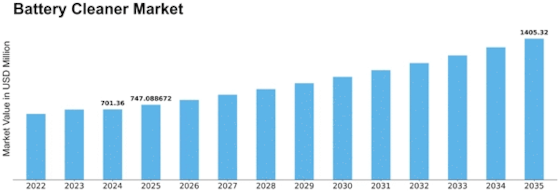


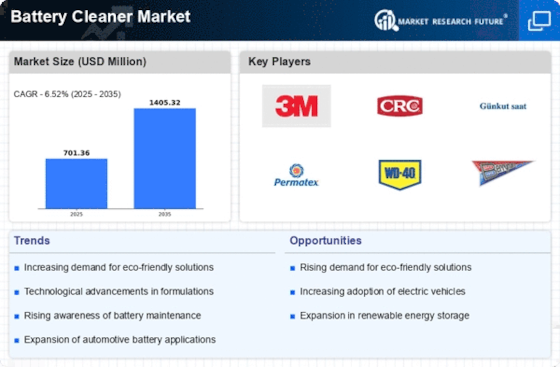

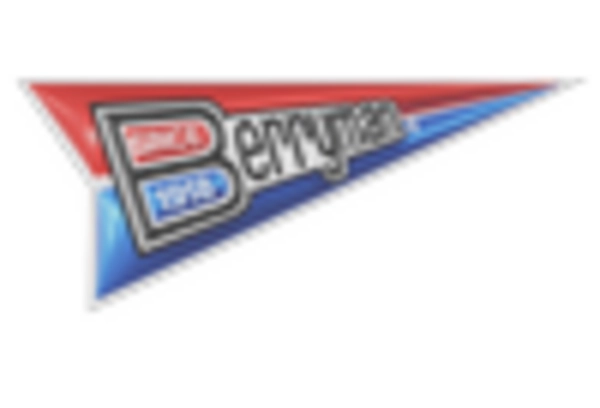
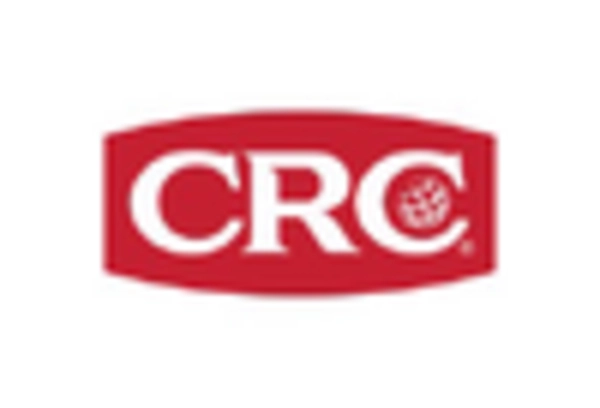
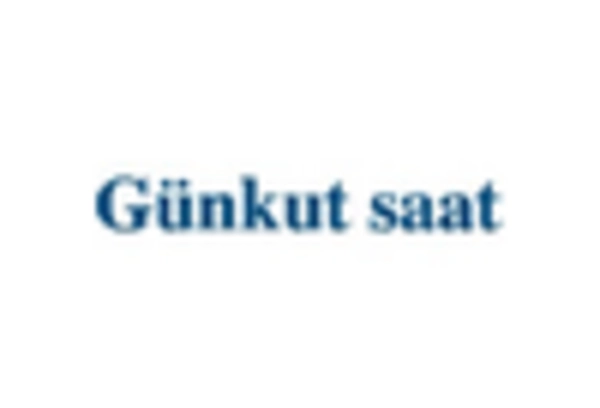
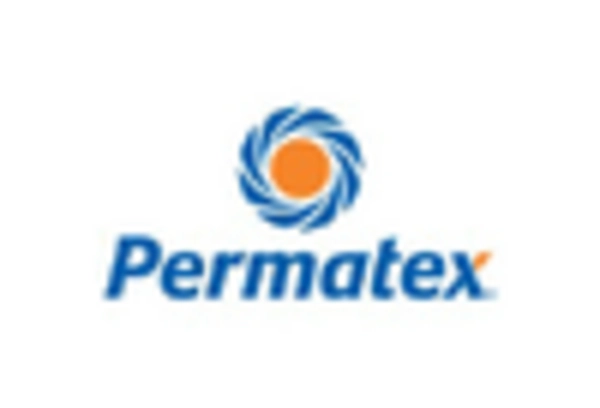
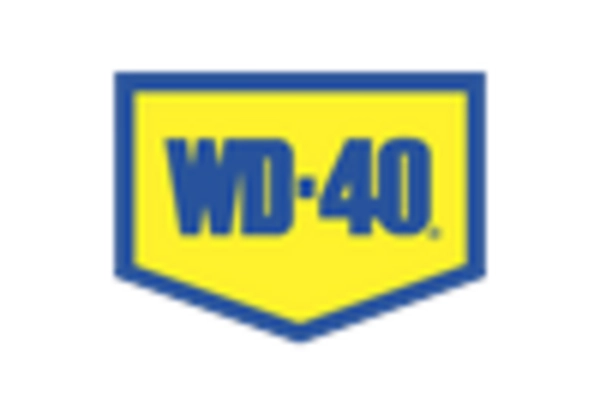









Leave a Comment